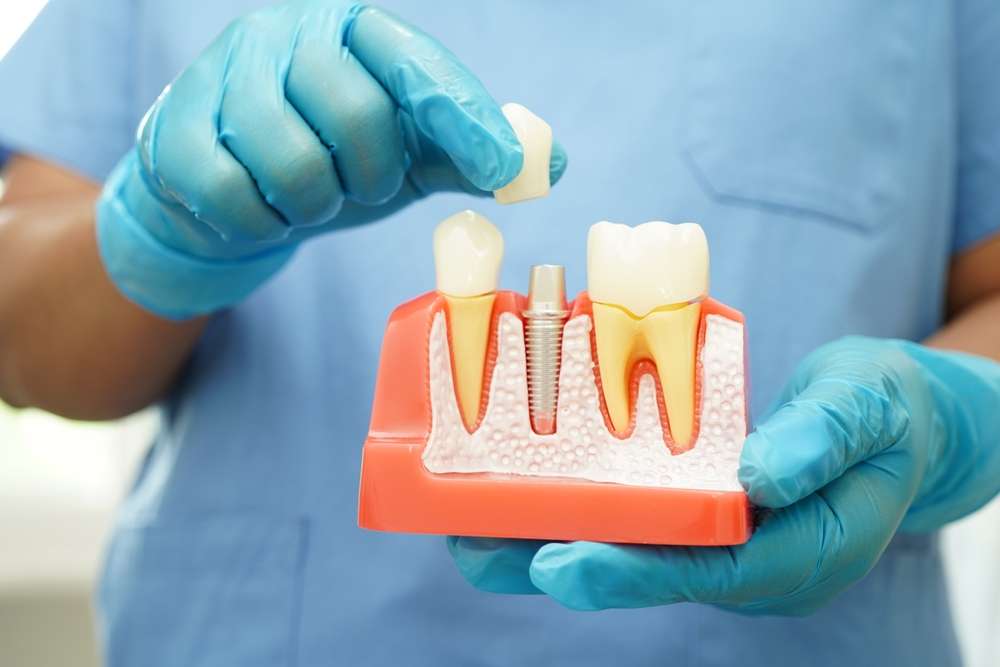Dental Implants Through Public Health Coverage: Complete Guide
Wondering if dental implants are covered under Canada's public health system? This guide explains eligibility, the step-by-step process for applying, what costs may still apply, and what to do if your application is denied. A clear path toward better oral health.

Dental Implants Through Public Health Coverage: Complete Guide
Dental implants represent a significant advancement in restorative dentistry, offering a permanent solution for missing teeth. However, the cost of these procedures often creates barriers for many Canadians seeking treatment. Understanding how public health coverage applies to dental implants requires navigating complex eligibility requirements, application processes, and coverage limitations that vary across different provincial health systems.
Public Coverage Eligibility for Dental Implants
Eligibility for publicly funded dental implant coverage typically depends on several factors including medical necessity, income level, and specific health conditions. Most provincial health plans consider dental implants medically necessary only in cases involving significant trauma, congenital defects, or cancer treatment complications. Patients must demonstrate that conventional dentures or bridges are inadequate or impossible due to their medical condition.
Income thresholds play a crucial role in determining eligibility, with many programs targeting low-income individuals and families. Some provinces extend coverage to seniors, individuals with disabilities, or those receiving social assistance. Veterans may qualify for enhanced coverage through federal programs that supplement provincial offerings.
How to Request Assessment
The assessment process begins with a comprehensive evaluation by a qualified dental professional who can determine medical necessity. Patients should start by consulting their family dentist or seeking a referral to an oral surgeon or periodontist specializing in implant procedures. The assessing professional must document the medical reasons why dental implants are necessary rather than elective.
Submitting a formal application through the appropriate provincial health authority requires completing specific forms and providing detailed medical documentation. Processing times vary significantly, often taking several months for initial review. Patients may need to attend additional appointments or consultations during the assessment period to verify their eligibility status.
Required Documents and Referrals
Documentation requirements typically include comprehensive dental records, medical history, and income verification. Patients must provide recent X-rays, dental impressions, and detailed treatment plans from their dental provider. Medical records supporting the necessity of implant treatment, such as documentation of failed previous treatments or underlying health conditions, strengthen applications.
Referrals from specialists carry significant weight in the approval process. Oral surgeons, periodontists, or prosthodontists must provide detailed assessments explaining why implants are medically necessary. Some programs require multiple professional opinions before approving coverage, particularly for complex cases involving multiple implants or extensive reconstruction.
What Expenses Are Typically Not Covered
Public health coverage for dental implants often excludes many associated costs, leaving patients responsible for significant out-of-pocket expenses. Cosmetic enhancements, premium implant materials, and elective procedures typically receive no public funding. Additional treatments such as bone grafting, sinus lifts, or extensive preparatory work may not qualify for coverage even when implants are approved.
Follow-up care, maintenance appointments, and potential complications requiring additional treatment often fall outside public coverage parameters. Patients should budget for ongoing costs including professional cleanings, adjustments, and potential repairs or replacements over time. Travel expenses for specialized treatment at approved facilities may also represent unexpected financial burdens.
Cost Considerations and Alternatives
Understanding the financial implications of dental implant treatment helps patients make informed decisions about their oral health care. Even with partial public coverage, patients typically face substantial costs for comprehensive implant treatment.
| Treatment Option | Provider Type | Estimated Cost Range |
|---|---|---|
| Single Implant | Private Practice | $3,000 - $6,000 |
| Multiple Implants | Specialist Clinic | $15,000 - $40,000 |
| Full Mouth Reconstruction | Hospital-Based Program | $25,000 - $60,000 |
| Denture Alternative | Public Health Clinic | $500 - $2,500 |
Prices, rates, or cost estimates mentioned in this article are based on the latest available information but may change over time. Independent research is advised before making financial decisions.
Alternative treatments such as partial dentures, bridges, or removable appliances may offer more affordable solutions while patients await approval for implant coverage. Some dental schools provide reduced-cost implant services performed by supervised students, offering quality care at lower prices. Payment plans and dental financing options can help manage costs for patients who qualify for partial public coverage.
Patients should explore all available funding sources including charitable organizations, dental foundations, and community health programs that may provide additional financial assistance. Some employers offer extended health benefits that complement public coverage, potentially reducing overall treatment costs significantly.
This article is for informational purposes only and should not be considered medical advice. Please consult a qualified healthcare professional for personalized guidance and treatment.




